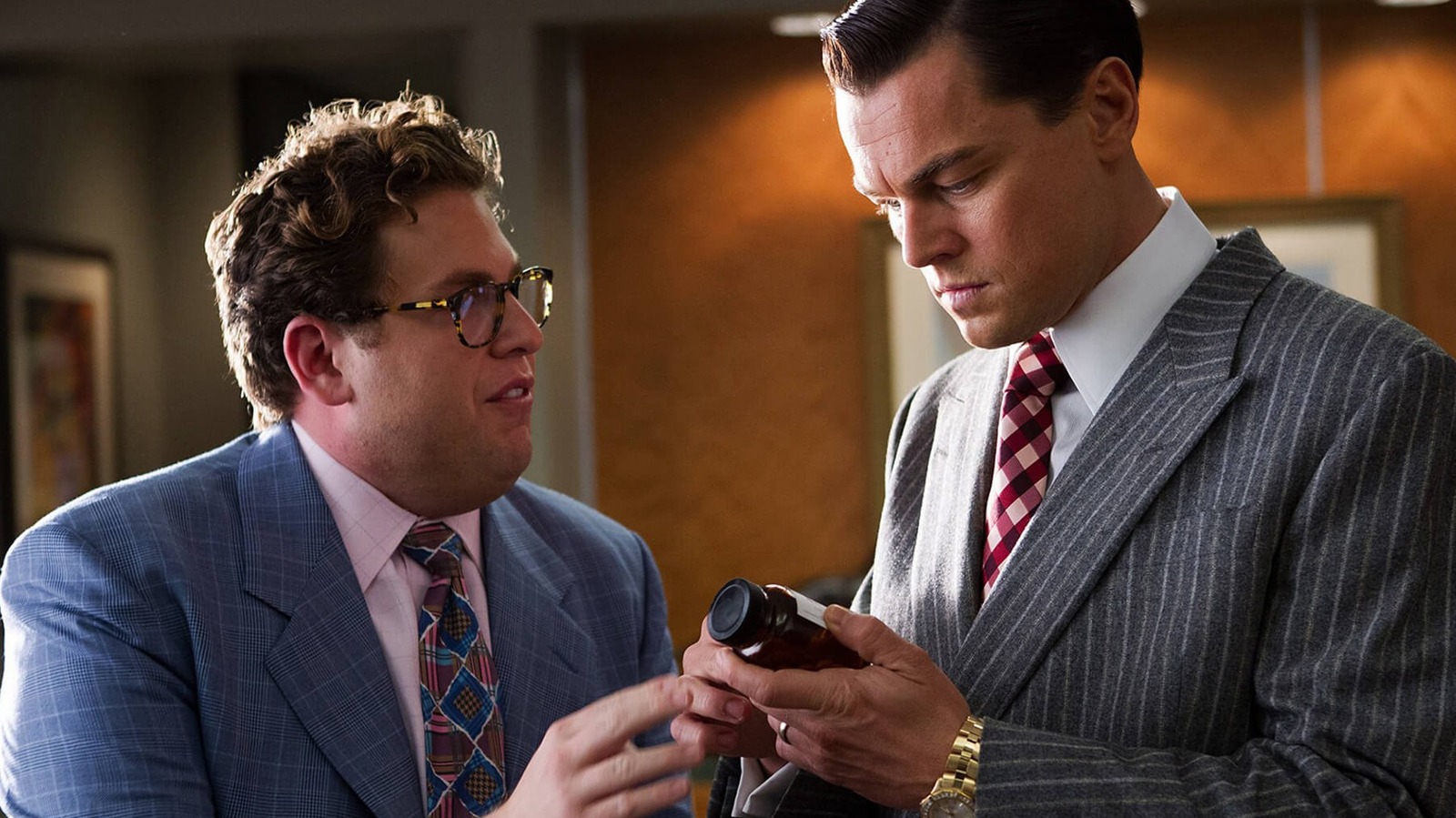Celebritiy
Top Wall Street Movie Based on IMDb Ratings

The Ultimate Wall Street Film, Ranked by IMDb
In the realm of cinema, few subjects capture the high-octane thrill and peril of finance quite like Wall Street. A significant turning point came on October 19, 1987, a day now infamously referred to as Black Monday. The catastrophic global stock market crash sent ripples of fear and uncertainty throughout financial communities, leaving even casual observers on edge. Shortly thereafter, “Wall Street” burst onto screens, offering an exhilarating glimpse into the stock market’s seductions while shedding light on the dangers hidden behind its glittering facade. This fictional narrative set against the backdrop of the tumultuous 1980s sparked the emergence of a novel genre focused on finance.
Since then, a variety of films have explored this world, making their mark with unique perspectives on the culture of Wall Street. Notable entries include 2015’s “The Big Short,” which seeks to unravel the complexities leading to the 2008 financial meltdown, and the incisive 2010 documentary “Inside Job.” Some might even extend the classification of Wall Street films to include “American Psycho,” a satirical critique of the shallow opulence that often accompanies financial success. However, despite the wealth of noteworthy contenders, none have risen to the top of IMDb’s list of Wall Street and finance films.
The crown jewel in IMDb’s ranking is undeniably Martin Scorsese’s “The Wolf of Wall Street,” which holds an impressive position at number 129 on IMDb’s Top 250 Movies list. Drawing from the memoir of stockbroker Jordan Belfort, this cinematic piece delivers an electrifying portrayal of the unrestrained decadence of Wall Street. Leonardo DiCaprio steps into the role of Belfort, bursting with life as he navigates the exhilarating and chaotic landscape of stockbroker culture.
The narrative kicks off in 1987 when Belfort secures a position with L.F. Rothschild under the manipulative mentorship of Mark Hanna, played by Matthew McConaughey. Within this environment, Belfort absorbs a philosophy of relentless ambition, one that prioritizes financial gain above all else. After being laid off in the wake of Black Monday, he sets out to build a new empire, embodying a moral void where manipulation and excess reign supreme.
Central to the film’s allure is its vibrant visual storytelling and larger-than-life characters, vividly illustrating Belfort’s extravagant lifestyle. While some critics argue that the film glorifies Belfort’s indulgent behavior, Scorsese masterfully intertwines humor and satire, ensuring that viewers understand the detachment underlying each frenetic scene. The film, while showcasing morally dubious characters, doesn’t hesitate to expose the empty allure of their lifestyles.
In the hands of Scorsese, “The Wolf of Wall Street” becomes a brilliant exploration of ambition, excess, and the hollow pursuits that often define the world of finance, ultimately leaving viewers both entertained and introspective about the moral implications of such a lifestyle.
